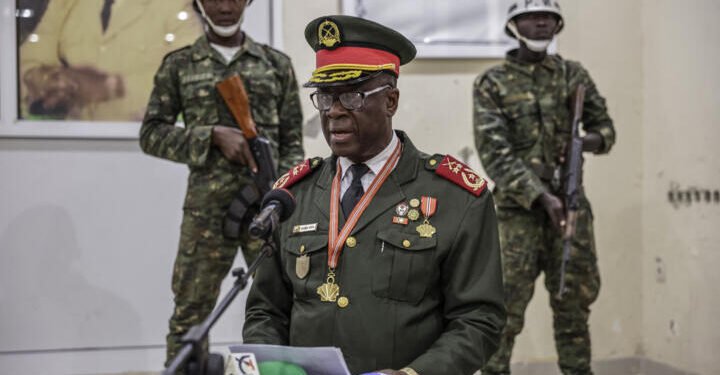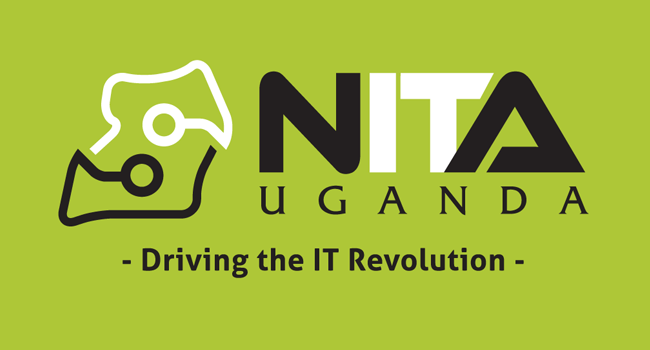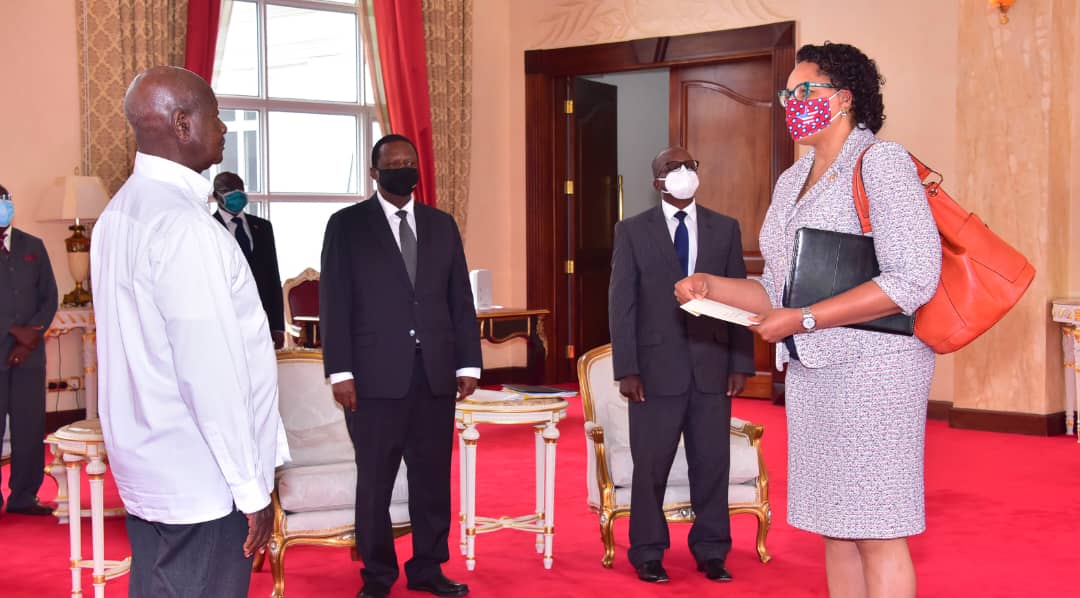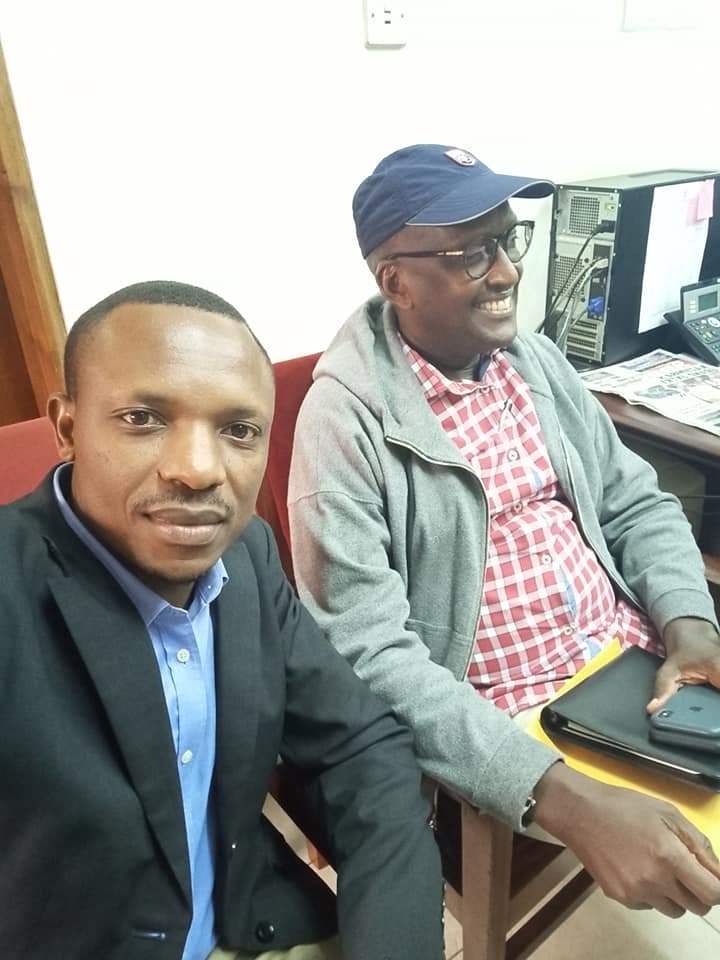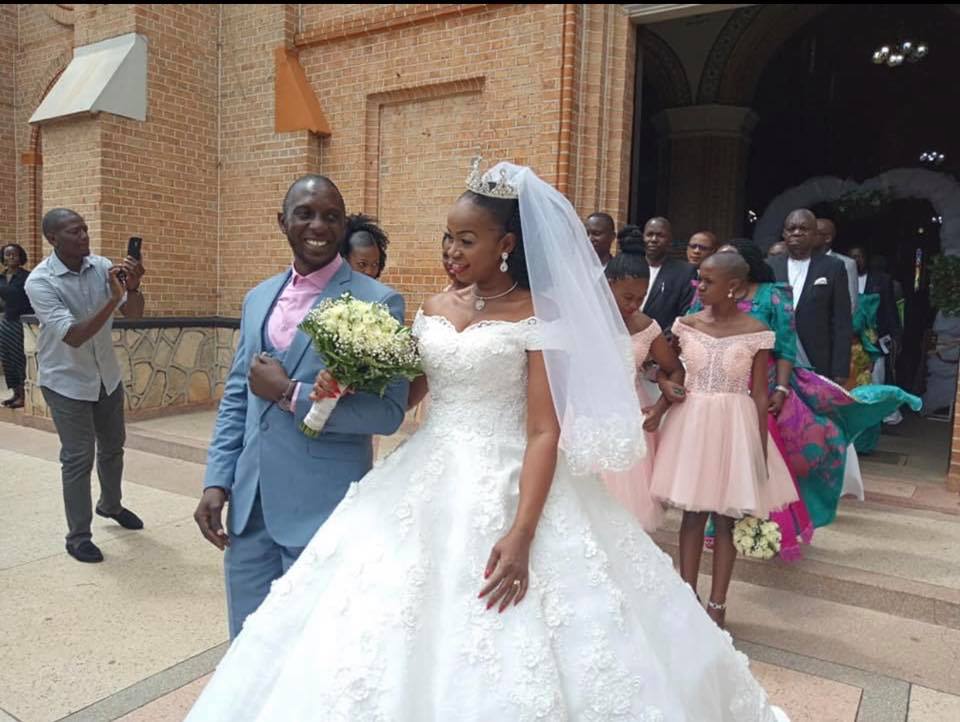Guinea-Bissau’s armed forces have taken full control of the state, installing senior military officer Horta Inta-A as transitional president on Thursday. The military said the takeover was necessary to prevent what it described as attempts to destabilize the nation.
The power shift unfolded just one day before the release of presidential election results, amid heightened political tension. Analysts say the latest crisis reflects Guinea-Bissau’s long-standing fragility, driven by widespread poverty and entrenched drug trafficking networks.
On Wednesday, Dinis N’Tchama, spokesperson for the High Military Command for the Restoration of National Security and Public Order, announced the removal of President Umaro Sissoco Embalo. Military sources told Xinhua that several high-ranking officials were also detained, including Interior Minister Botche Cande, Army Chief of Staff Biague Na Ntan, and Deputy Chief of Staff Mamadou Toure.
By Thursday morning, the streets of the capital, Bissau, were nearly deserted. Major roads were empty, and military vehicles poured into the city as armed soldiers set up checkpoints, allowing only authorized movement. The tense calm reflected the uncertainty surrounding Sunday’s presidential and legislative elections.
Under Guinea-Bissau’s electoral rules, a runoff is required if no candidate secures more than 50 percent in the first round. After voting concluded, both President Embalo and independent candidate Fernando Dias da Costa declared themselves winners despite the absence of official results.
N’Tchama said the army intervened to prevent alleged schemes by “domestic politicians” and “well-known drug traffickers” seeking to manipulate the electoral process and destabilize the country.
Guinea-Bissau, classified by the UN as one of the world’s least developed countries, has suffered repeated political upheavals since independence in the 1970s. The country has experienced at least nine coups or coup attempts since 1980. During Embalo’s tenure alone, there were three failed coup attempts.
Analysts and media observers argue that the ongoing instability has undermined anti-poverty efforts, while the country’s geography—its long coastline and numerous uninhabited islands—continues to make it a key transit point for cocaine smuggled from Latin America to Europe. The UN Office on Drugs and Crime has listed Guinea-Bissau as a major hub in global trafficking routes for more than ten years.
The U.S.-based Robert Lansing Institute warned that the political climate is deteriorating and suggested that ECOWAS may consider sanctions or other interventions. Experts also cautioned that commercial partnerships could be disrupted and that the country’s fragile humanitarian situation may worsen.
In a joint statement issued Wednesday, the African Union Election Observation Mission, ECOWAS Election Observation Mission, and the West African Elders Forum expressed “deep concern” and urged a swift return to constitutional rule.
At the United Nations, spokesperson Stephane Dujarric said Secretary-General Antonio Guterres is closely monitoring the crisis and urged all actors in Guinea-Bissau to show restraint and uphold the rule of law.


